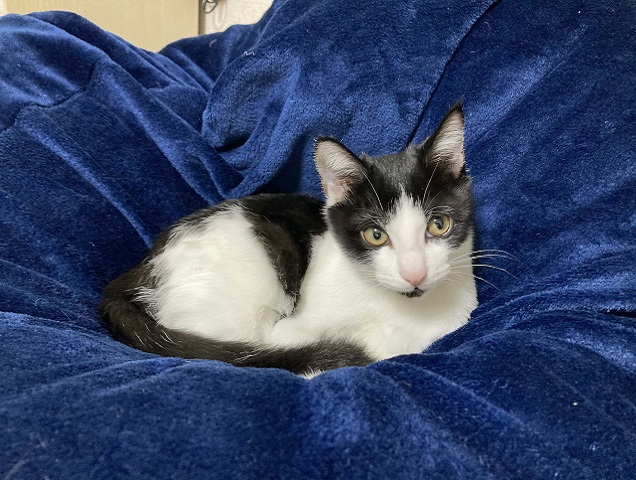Research News
Sep 4, 2024
- Veterinary Science
In world 1st, high-quality feline iPSCs generated without genetic footprint
Feeder-free induced pluripotent stem cells hold hope in therapies for cats’ chronic kidney disease
Generating feline iPSCs
Sterilization of cats and other companion animals, such as by removing the uterus, is a common procedure, with the donated uterus of cats providing the cells to generate feline induced pluripotent stem cells.
Credit: Osaka Metropolitan University

A common image of cats today comes in the form of cute cat memes online, but these furry felines commonly experience kidney disease. Amid advances in medicine to improve people’s quality of life, an Osaka Metropolitan University-led team has, for the first time in the world, generated high-quality feline induced pluripotent stem cells (iPSCs), which have the potential to help companion animals and humans alike.
Human iPSCs have been generated using just four genes known as transcription factors, but feline iPSCs have been difficult to generate. Graduate School of Veterinary Science Professor Shingo Hatoya led the team in introducing six transcription factors via the Sendai virus vector to generate feline iPSCs from the cells of cats, including those derived from the uterus that were donated when cats were sterilized.
The team reports in Regenerative Therapy that these are the first high quality feline iPSCs. They exhibit the properties that many iPS cells do, such as the formation of teratomas, which proves that they can differentiate into a variety of cells. The stem cells generated also do not have a genetic footprint, meaning there is lower risk that they form tumors when implanted in another cat. Furthermore, they can be maintained without feeder, such as fibroblast from mice, making them safer as they do not mix cells from different species.
“Especially in cats, chronic kidney disease and diabetes are serious problems,” Professor Hatoya declared. “Establishing a method to have cells form a kidney or pancreas from feline iPSCs cells will be a challenge for future research.”
Professor Hatoya, who previously reported on advancements in feeder-free canine iPSCs, added, “High-quality feline iPSCs made possible by this research are expected to be provided to researchers around the world for use in veterinary regenerative medicine research, understanding of the pathophysiology of genetic diseases, and development of new therapeutic agents.”
Funding
This work was supported by JSPS KAKENHI Grant Numbers JP18K19273, JP18H02349, and JP22H02525. This work was also supported by JST Adaptable and Seamless Technology Transfer Program through Target-Driven R&D (A-STEP) Grant Number JPMJTM20QH. Anicom Specialty Medical Institute Inc. also funded this study. Leave a Nest Inc. also funded this study.
Paper information
Journal: Regenerative Therapy
Title: Generation of footprint-free, high-quality feline induced pluripotent stem cells using Sendai virus vector
DOI: 10.1016/j.reth.2024.08.012
Authors: Kazuto Kimura, Masaya Tsukamoto, Hiroko Sugisaki, Miyuu Tanaka, Mitsuru Kuwamura, Yuki Matsumoto, Genki Ishihara, Kei Watanabe, Mika Okada, Mahito Nakanishi, Kikuya Sugiura, Shingo Hatoya
Published: 2 September 2024
URL: https://doi.org/10.1016/j.reth.2024.08.012
Contact
Graduate School of Veterinary Science
Email: hatoya[at]omu.ac.jp
*Please change [at] to @.
SDGs
